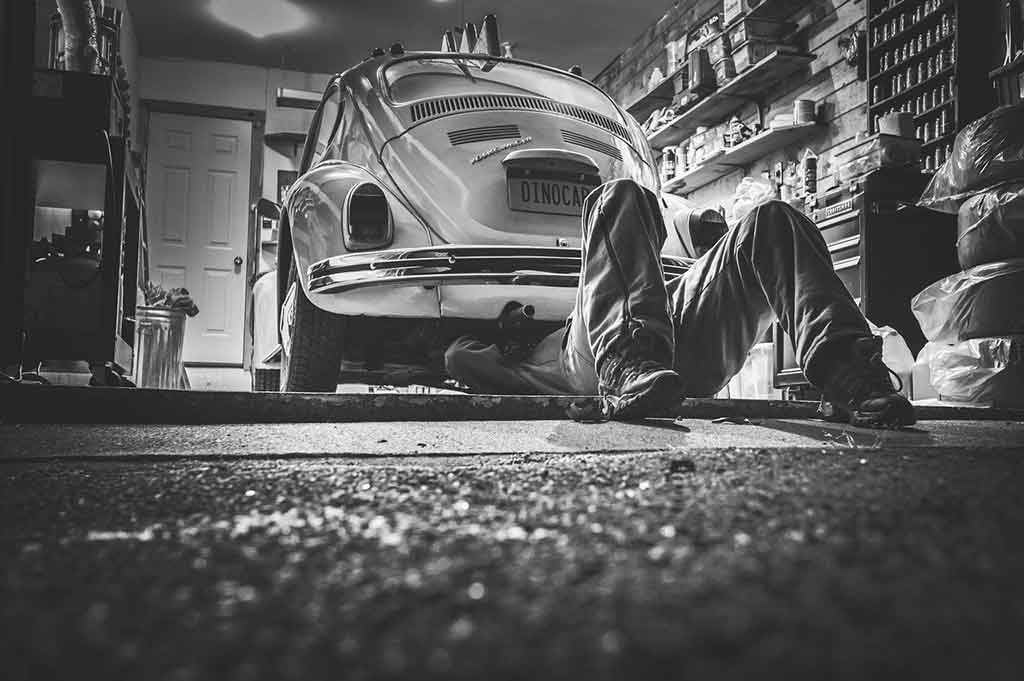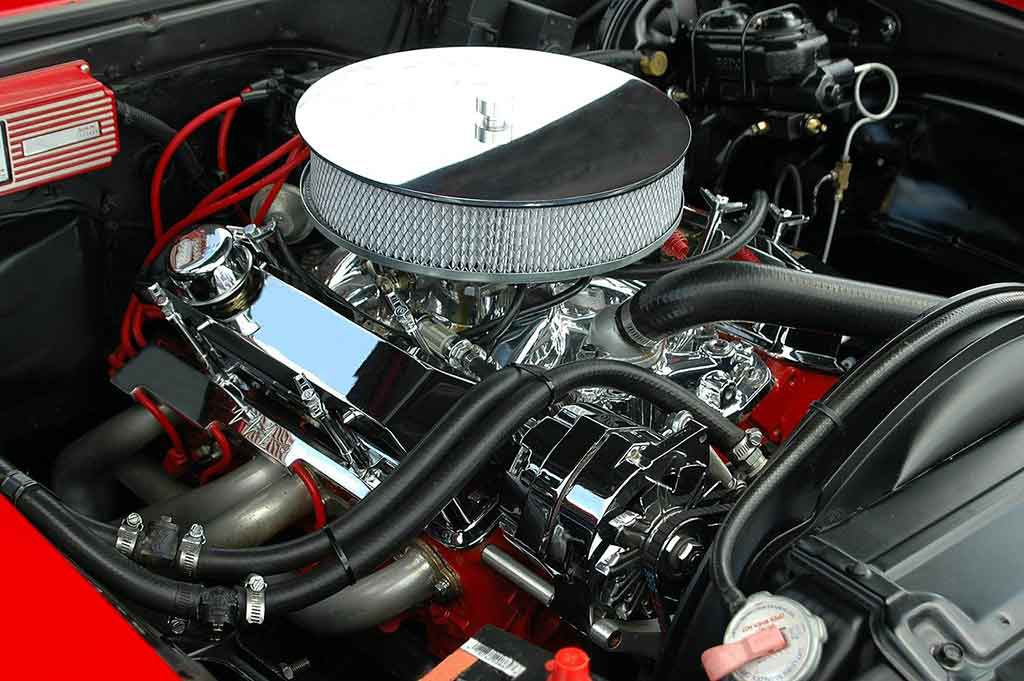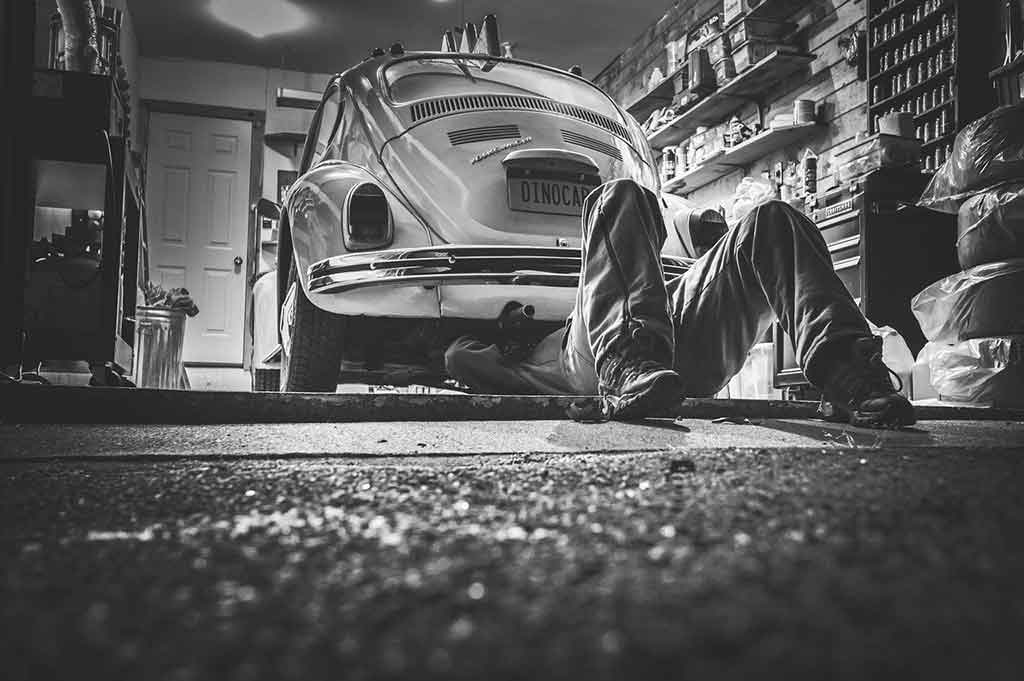For most people, having a vehicle is a necessity, not only to provide a means for a daily commute but in some instances, to fulfill various business purposes as well. You can lengthen the lifespan of your vehicle if you ensure that it is well taken care of through proper routine maintenance. This article lists down some of the things that you need to know when it comes to routine vehicle maintenance.

Contents
Familiarize yourself with Owner’s Manual
One of the primary things that you need to do when it comes to routine vehicle maintenance is to familiarize yourself with the owner’s manual. More often than not, this comes with the vehicle upon purchase. However, in case you cannot find your copy, there will always be an electronic version available online.
It is in the owner’s manual of your vehicle where you will most likely find a maintenance schedule section. This is where you should refer to when it comes to the proper interval of changing particular items such as your engine oil and oil filter. This is also where you should look when it comes to the proper tire pressure of your vehicle. As much as possible, follow the manufacturer recommendations specified in the owner’s manual to keep your vehicle running smoothly for as long as possible.
Periodically Check Tires
Another thing that you need to do in terms of routine vehicle maintenance is to periodically check your tires. As a general rule of thumb, make sure that you carefully inspect your tires monthly, including the spare that you have at the trunk or the back of your vehicle. While you may have an idea of how to add air to your tires, you may not be aware that you need to maintain proper tire pressure. This is where a tire pressure gauge comes in handy because it will help you be mindful of whether you are driving with the proper tire pressure.
You may also want to rotate or change your tires time and again, particularly when you deem that they already have worn-out treads. Even if you choose to get Pirelli tires, you still need to make sure that they have the proper tire pressure to avoid blowouts while you are driving. Tire blowouts can lead to unfortunate road accidents. You should also have your wheels aligned during routine vehicle maintenance to ensure that your car won’t steer slightly to the left or the right when you are driving straight.
Change Oil and Filter Regularly
Aside from the tires of your vehicle, you should also change the oil and filter of your vehicle regularly. The recommended schedule is often listed in your owner’s manual. Keep in mind that the oil is the lifeblood of your engine, serving as a lubricant that keeps all the important engine parts running smoothly. When you fail to change your motor oil regularly, then contaminants may accumulate in your engine, causing extreme friction when the engine parts rub against each other.
More often than not, the best practice in the schedule of changing the air filter of your vehicle is the same time that you change your engine oil. While this largely depends on how much your drive, changing the air filter a couple of times a year proves to be sufficient. Rest assured that it costs very little to have your air filter checked and replaced. On the contrary, a clogged air filter can lead to high costs in fuel consumption.
Inspect the Fluids of your Vehicle
Apart from the engine oil, you should also check and inspect car brake and transmission fluids, as well as the coolant and windshield washer fluids. The transmission fluid can be checked with a dipstick, while the brake fluid, coolant, and washer fluid levels can be inspected visually when you remove the covers of each. As much as possible, your vehicle’s fluids should reach the designated fill line.
Look at your Spark Plugs and Belts
You should also take the time to look into the spark plugs, belts, and hoses of your vehicle. When it comes to engine efficiency, spark plugs play a vital role. Refer to the owner’s manual for you to have a good idea of how often your spark plugs need to be replaced. In this case, you will be able to avoid contaminant buildup that can affect the performance of your engine.
There are also various hoses and belts in your vehicle’s engine bay, which are all critical to the smooth performance of your engine. If any of these hoses or belts show any signs of wear and tear, then make sure to have them replaced immediately. In this way, you will be able to preserve the good condition of your vehicle’s engine.
Do a Quick Battery Check
While a battery inspection is often part of routine vehicle maintenance, you can perform a simple battery check daily. In this case, you need to look for any frayed cables or cracks in the casing, as well as corrosion or dirt. As soon as you deem that there is damage to your car’s battery, you can either have it replaced or checked by a seasoned mechanic.
Check the Lights
Like with the battery of your vehicle, you should also make it a habit to check the lights of your car daily. Make sure that you check your signal lights and brake lights, as well as your headlights. Keep in mind that being behind the wheel of a vehicle with damaged lights can be fatal.

When it comes to routine vehicle maintenance, the first thing that you need to know is to familiarize yourself with the owner’s manual. From there, you will be in a better position in inspecting the various parts of your vehicle, from the tires, oil, and other fluids, to the spark plugs and belts. You should also make it a habit to do a quick battery check or light inspection daily. All these are geared towards ensuring that your vehicle is in its best condition every time you take it out for a drive, keeping you safe from various types of road mishaps.



